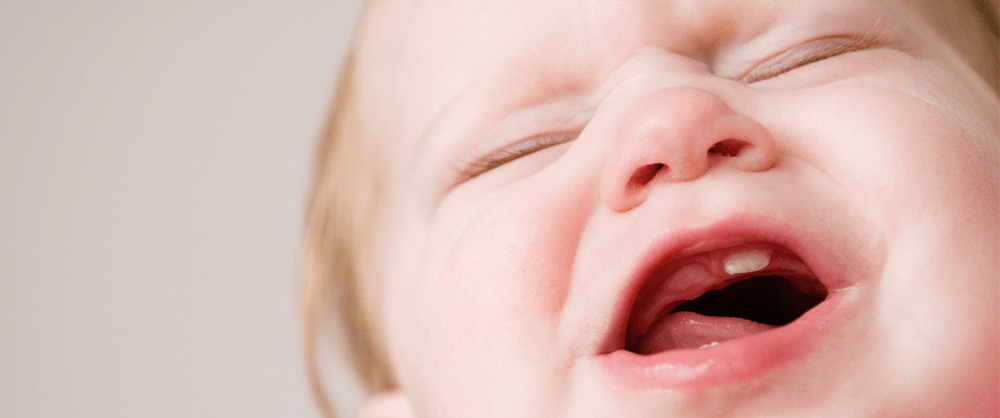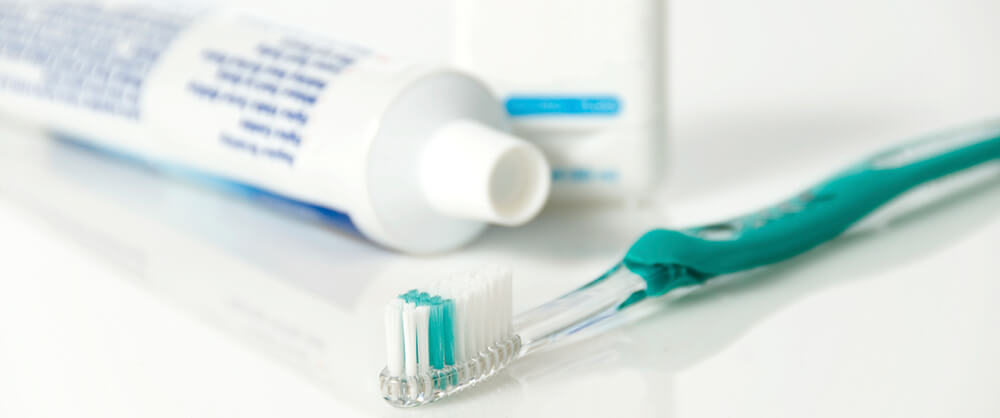Your baby may not have cut any teeth yet, be in the teething stage or have a mouth of toddler teeth.
If you’re the parent or caregiver of a little one, it’s important to make oral hygiene a part of your child’s overall preventative care. And, since February is National Children’s Dental Health Month, it’s a good time to schedule an appointment.
Frequently asked questions from parents include:
- When should my child have his/her first dental checkup?
- My child sucks his/her thumb; is this going to create a dental problem in the future?
- What’s the best way to clean/brush my little one’s teeth?
- What’s the best way to prevent cavities?
- When do kids typically start to lose baby teeth?
- Does my child need a mouth protector for sports?
These are just a few of the questions you might have about your child’s teeth and overall oral health. At Meyer & Johns, we’re excited to be your family dentist. We enjoy seeing young children and their parents/caregivers taking dental health seriously, and we’re ready to help you and your kids.
Remember that teeth are meant to last a lifetime. Getting an early start is a great way for your child’s teeth to remain strong and healthy. To give your little one a healthy start, schedule a checkup with Meyer & Johns. Thank you for trusting us with your family’s dental care.



